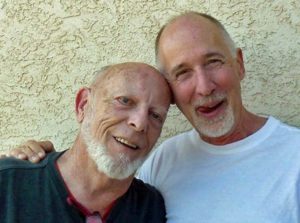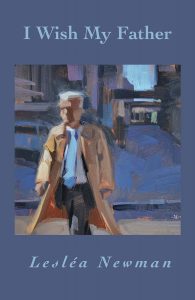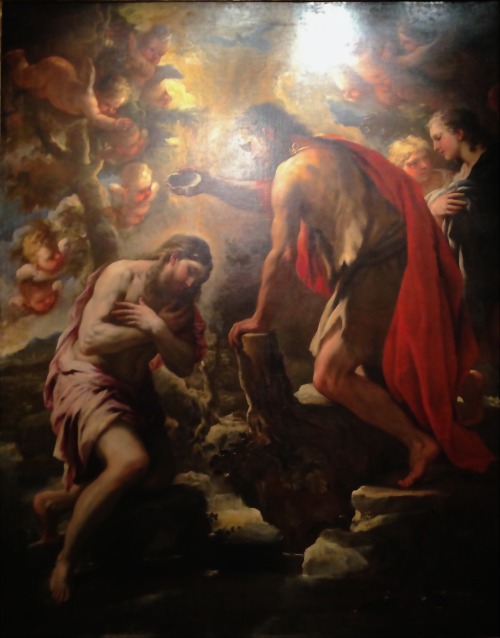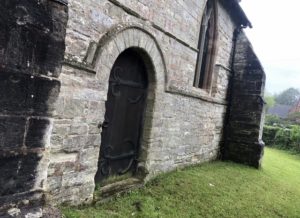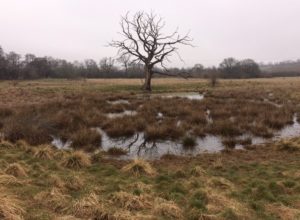Western Massachusetts poet Joshua Michael Stewart came to my attention through Straw Dog Writers Guild, where he’s a popular frequent reader at open mics and literary events. (Take advantage of the Zoom era and drop in on their upcoming readings!) As a Buddhist, Joshua is modest about his literary reputation, but I, for one, want him to be famous, because the guy has a helluva voice.
I recently finished his 2016 collection from Levellers Press, Break Every String. This lyrical autobiography is a blues song for the dead-end economy of Midwestern towns and the family wreckage they harbor. His characters crackle with energy that could find its outlet in verses or fists, parenting your own children or stealing someone else’s, a guitar or a bottle. Stewart writes of his teen years: “I was nabbed for keeping up the family business–shoving merchandise down my pants.” As the one who escaped, Stewart plays through all the octaves of emotion, from gratitude to judgmental pride, to survivor guilt, to wary compassion: “of loving/the lost with raucous praise, of letting the gone go.”
Several poems are titled “After Ohio”, each beginning with an excerpt from a letter from his mother, who is usually updating him on his ex-con brother’s bumpy road in and out of sobriety. In one of these pieces, Stewart begins, with his characteristic deadpan humor: “When scoring a revolver from a guy/who lives out of his car, you don’t plan/much of anything else for that day.” The poem recounts how he wandered into a bookstore and bought a book of poetry when the guy didn’t show up. The tipping point between his fate and his brother’s could be just that random and precarious. I found myself thinking of the ending of the film Angels with Dirty Faces: “let’s go and say a prayer for a boy who couldn’t run as fast as I could.”
Joshua has kindly given me permission to reprint the poems below. He’s just finished a new manuscript–I hope it gets published soon!
NEVER ASK WHAT’S UNDER THE BED
Your grandfather once shot a man,
my mother says over pea soup on the porch—
chucked his sorry ass down a well,
kept the man’s false teeth as a souvenir.
Take that to your fancy school
for when you forget who you are.
The jobs have ditched town, and the freight
trains are gone—no longer rattling
windows, shaking nails from rotten studs.
The house shivers on its own.
We move out to the yard, squat down
on five-gallon buckets and scavenge fallen
pears among dandelions and bluegrass,
my favorite AC/DC T-shirt and my woodshop award
stuffed in a cardboard suitcase at my feet.
My generation, we didn’t have learning
disabilities, we just drank homebrew,
and threw knives at each other.
Sweetness drips off her chin,
her mouth a honeycomb of bees.
****
MOTHER, THESE AREN’T YOUR FLOWERS
I thrust open a stubborn window,
causing a book to plop on its side,
slide off the shelf and, washed over
by a wave of other books, crash
into a rose-filled vase that smacks
on the hardwood floor.
What follows is silence, the split
second after a mother slaps
her child. I’ll let the water search
the valleys of the room, finger
the petal-thorns and prism-shards.
This isn’t your carpet ruined
by spilt paint. You will not lean
in the doorway smelling of strawberries
and righteousness. No wailing
or pleading here, only the quiet
twinge of panic ingrained
by the memory of your nearness.
